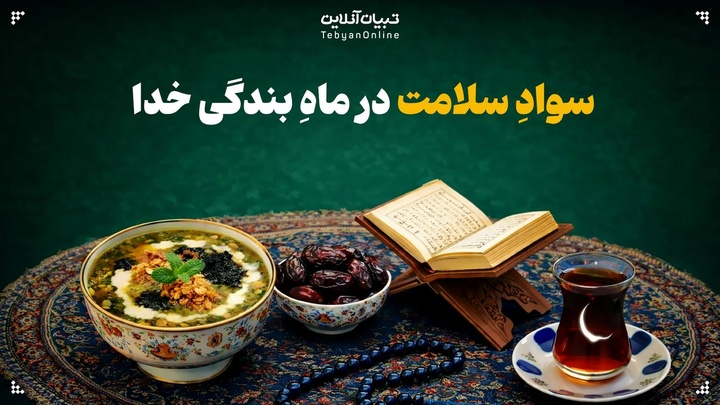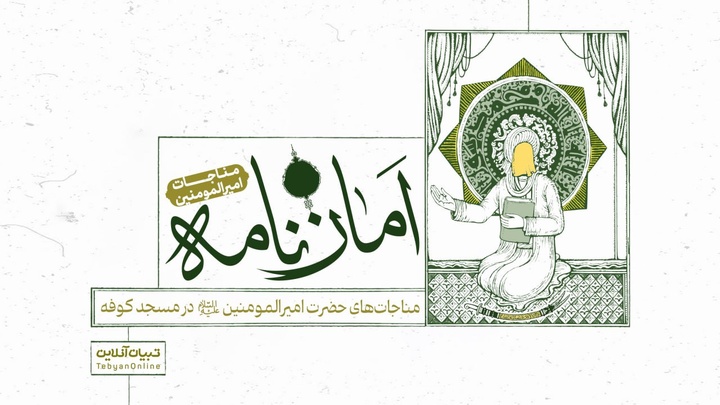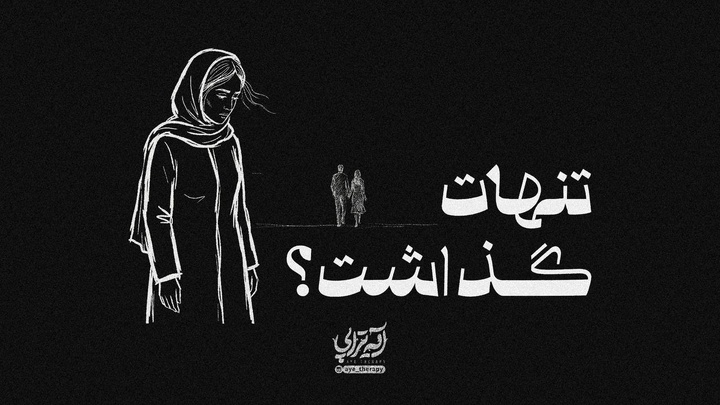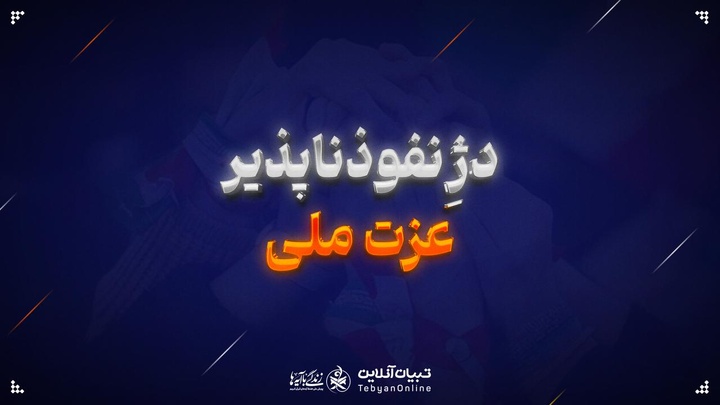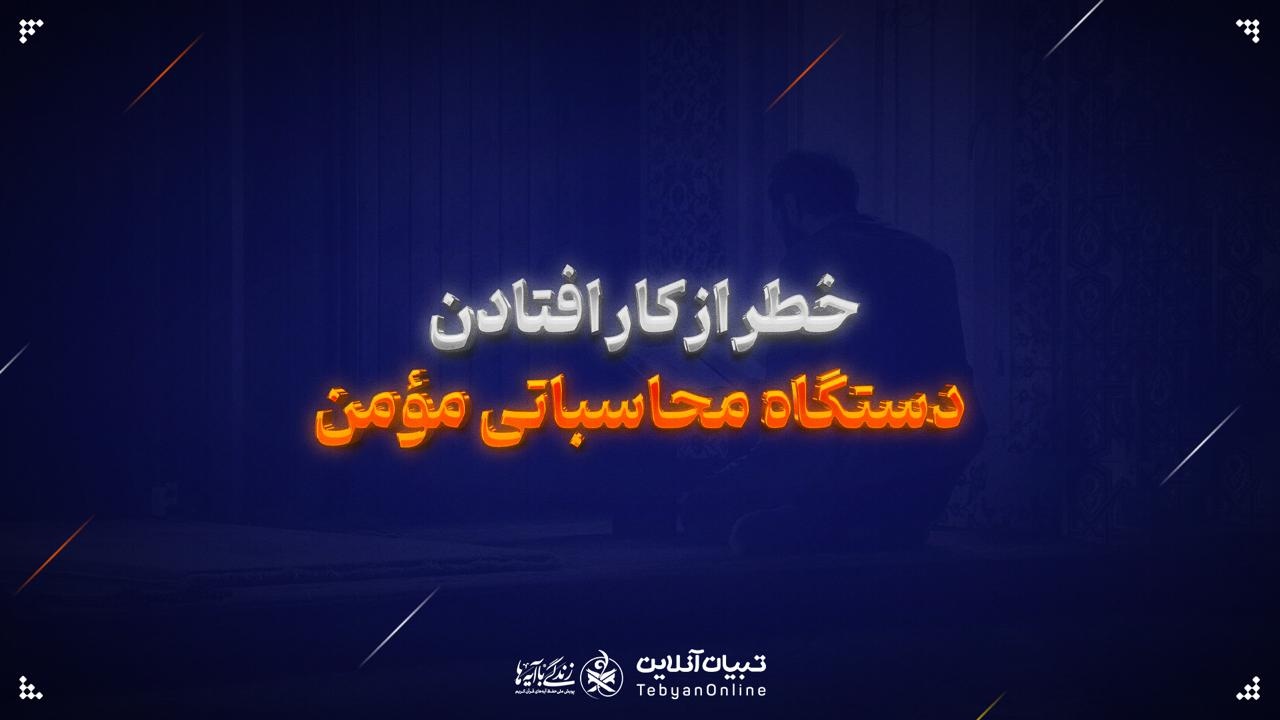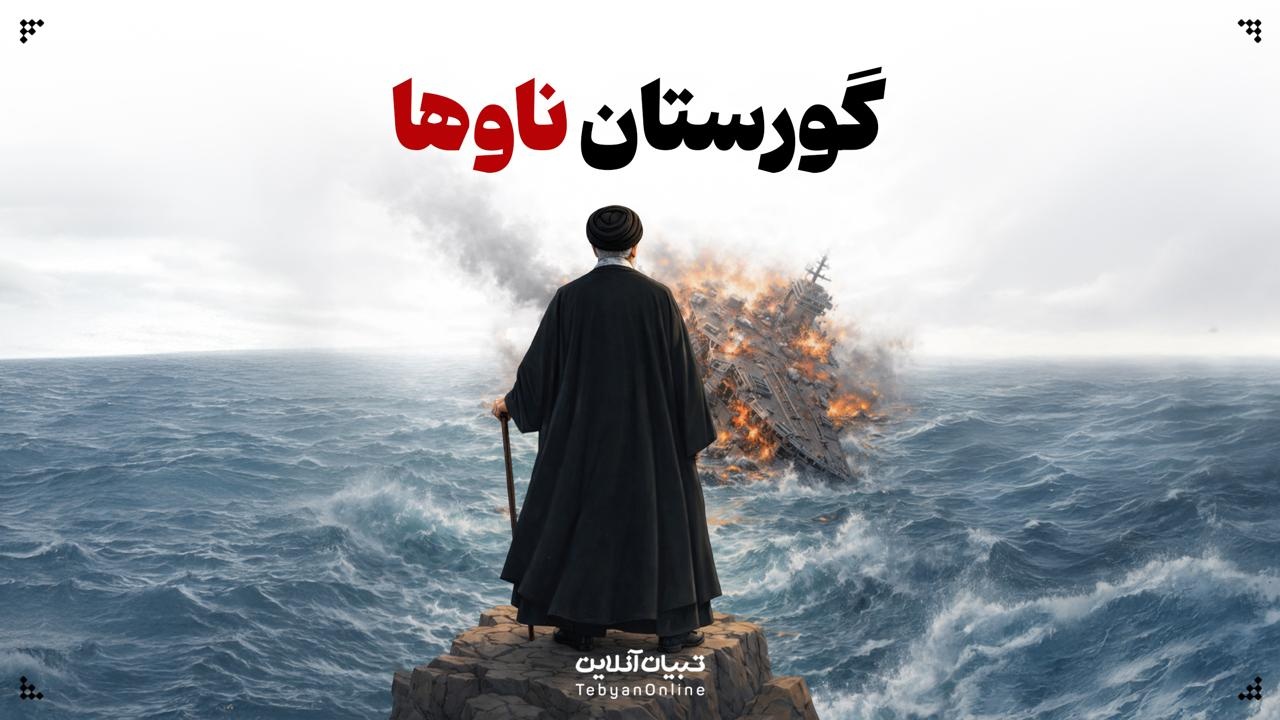
کلیپ سبک زوم بینهایت از نتیجه تقابل احتمالی ایران و امریکا
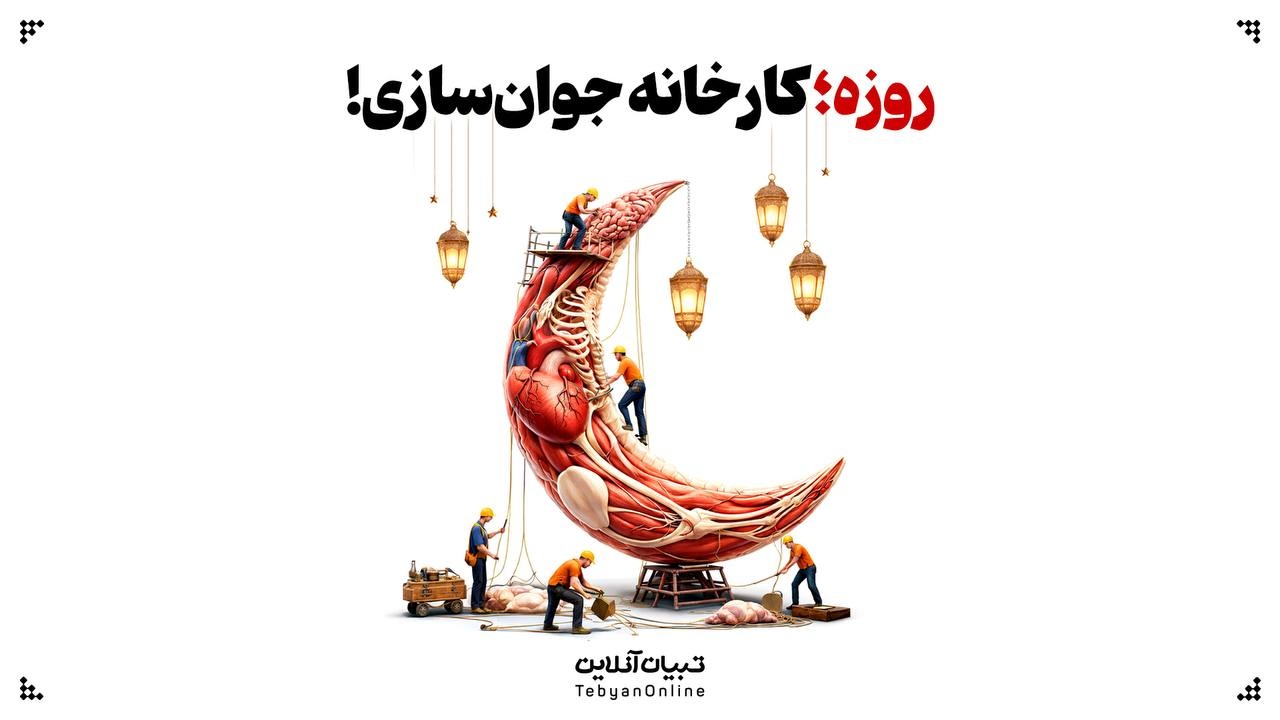
با شروع روزه، بدن وارد فاز صرفهجویی و ترمیم میشه. کاهش تدریجی ذخایر قند، سوختوساز رو به سمت استفاده از چربیها میبره و همزمان فرایند اتوفاژی (Autophagy) یا همون پاکسازی سلولی فعالتر میشه؛ جایی که سلولها بخشهای آسیبدیده رو جمعآوری و نوسازی میکنن. در این مسیر، بدن یاد میگیره با انرژی کمتر، کارآمدتر عمل کنه؛ فشار روی سیستم گوارش کم میشه، تنظیم قند خون بهبود پیدا میکنه و حتی مغز با ترشح فاکتورهایی مثل BDNF، خودش رو تقویت میکنه.
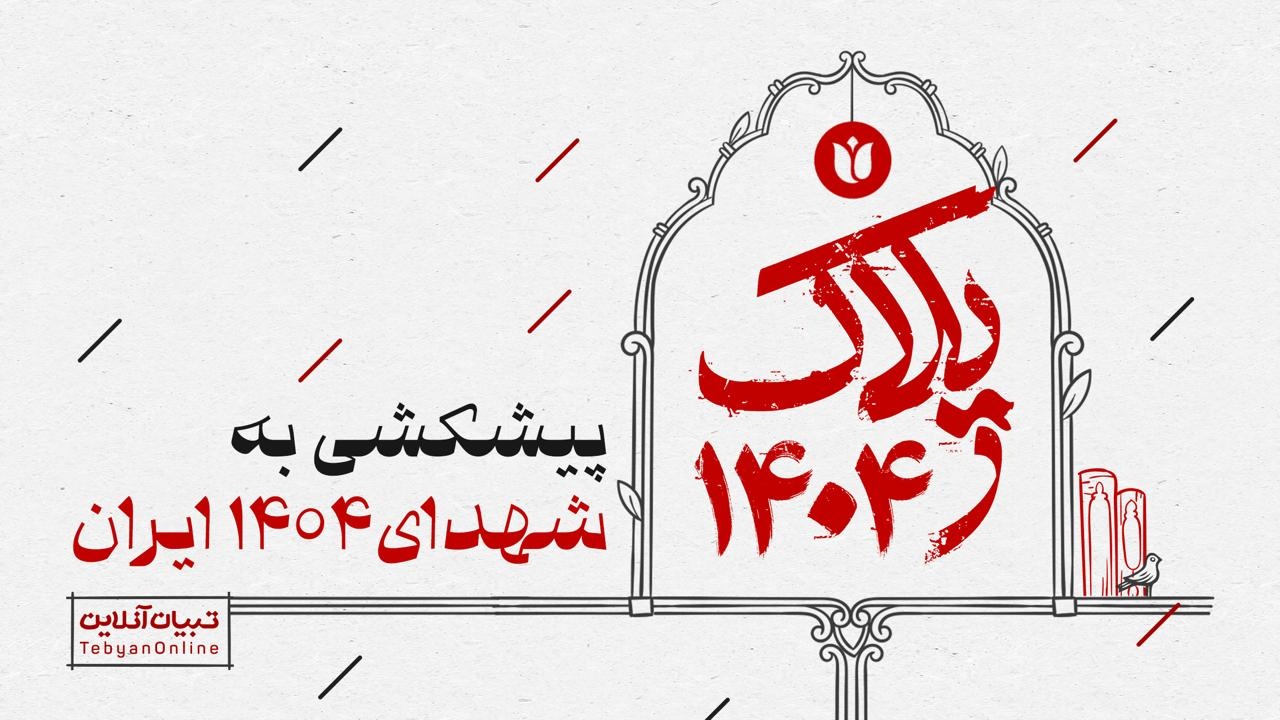

در ماه رمضان، هر روز یک گناه را در هیبت یک غول به تصویر کشیدیم؛ طرحها همراه با آیه و حدیث هستند که با زبان تصویرِ امروزی، بچهها را به شناخت و دوری از آن گناه دعوت میکند.
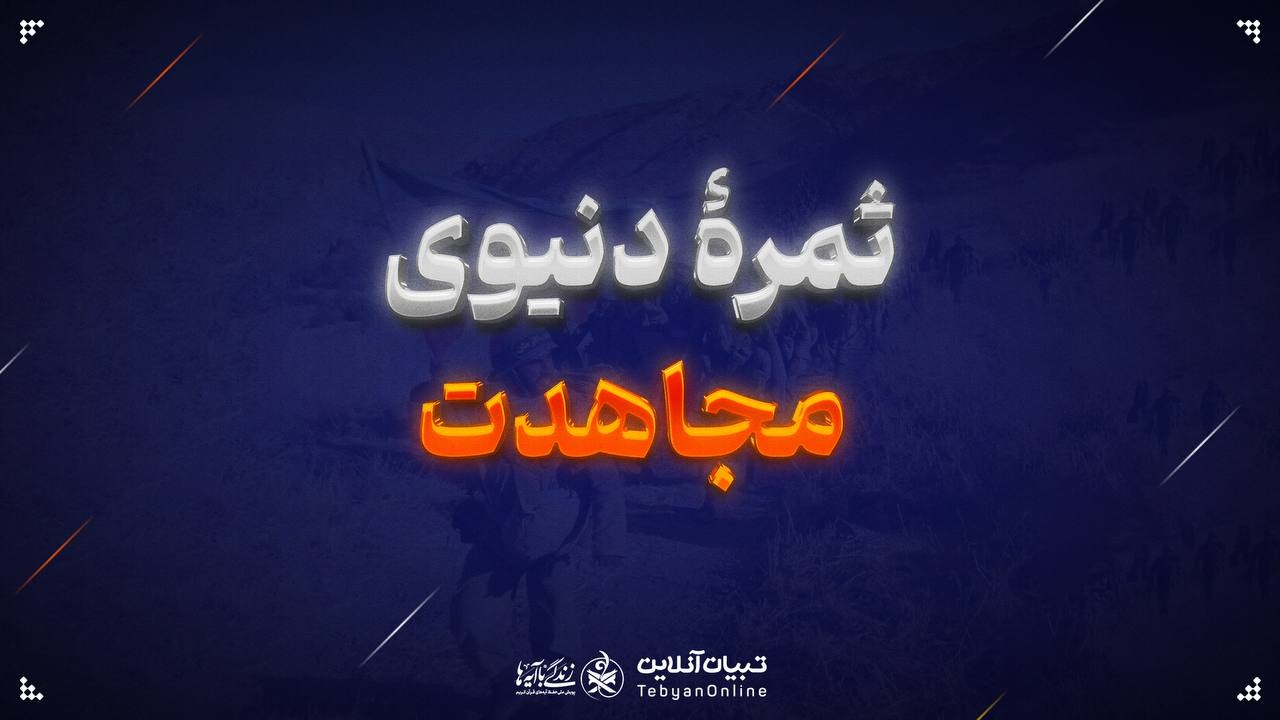
از بیانات رهبرانقلاب درباره اینکه روزه، نماد گذشت از هوسها و تمرینی برای به دست گرفتن افسار اسب سرکش نفس است؛ مهارتی که انسان را از سقوط در پرتگاه گناه نجات میدهد.
